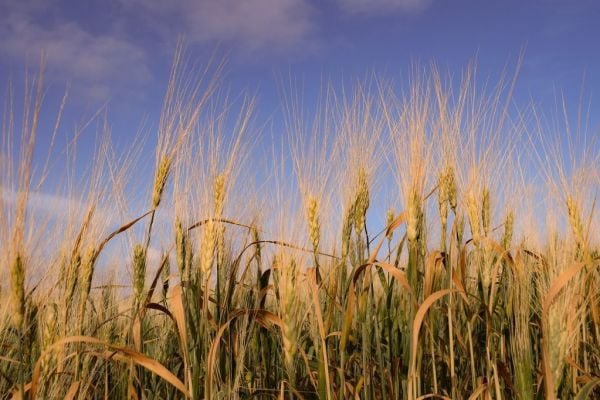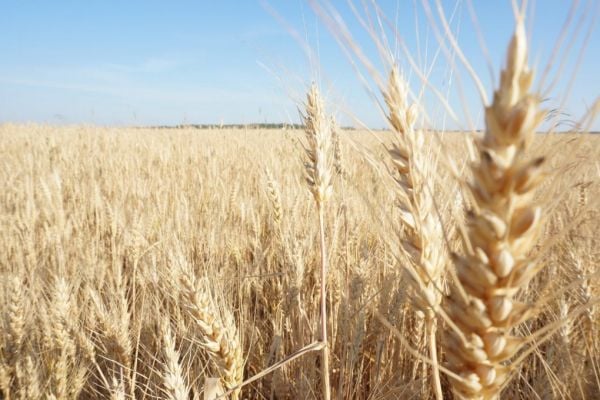Replacing 50% of meat and milk products with plant-based alternatives by 2050 can reduce agriculture and land use-related greenhouse gas (GHG) emissions by 31% and halt the degradation of forest and natural land, new research has unveiled.
The study, published in the scientific journal Nature Communications, highlighted that additional climate and biodiversity benefits could accrue from reforesting land from livestock production when meat and milk products are substituted by plant-based alternatives.
The restored area could contribute up to 25% of the estimated global land restoration requirements under Target 2 of the Kunming Montreal Global Biodiversity Framework by 2030.
The research was conducted independently by IIASA in partnership with the Alliance of Bioversity and CIAT, as well as USAID, and solicited input from Impossible Foods, as a potential user of the data to ensure relevance.
Impossible Foods also provided generic recipes for the plant-based meat substitute products used in the analysis.
“Understanding the impacts of dietary shifts expands our options for reducing GHG emissions. Shifting diets could also yield huge improvements for biodiversity,” noted Marta Kozicka, lead author and researcher in the IIASA Biodiversity and Natural Resources Programme.
Study co-author, Eva Wollenberg from Alliance of Bioversity International and CIAT and the Gund Institute, University of Vermont said, "Plant-based meats are not just a novel food product, but a critical opportunity for achieving food security and climate goals while also achieving health and biodiversity objectives worldwide.
"Yet, such transitions are challenging and require a range of technological innovations and policy interventions."
The Study
As part of the study, the authors developed scenarios of dietary changes based on plant-based recipes for beef, pork, chicken, and milk.
The recipes were designed to be nutritionally equivalent to the original animal-derived protein products and realistic for the existing food manufacturing capabilities and globally available production ingredients.
The study found that a 50% substitution scenario would substantially reduce the mounting impact of food systems on the natural environment by 2050 compared to the reference scenario.
Some of the findings include a 12% decline in global agricultural area compared with 2020, instead of an increase, and a 10% decline in water use.
The study highlighted that to achieve full environmental advantages of dietary shifts, it is essential to restore agricultural land no longer used for livestock and feed production through biodiversity-focused afforestation.
In the 50% scenario, the benefits from reduced land-use emissions could double compared to a scenario without afforestation.
Regional Differences
The impact of the study could differ across regions due to differences in population size and diets, unequal agricultural productivity, and participation in international trade of agricultural commodities.
The primary effects on agricultural input utilisation are observed in China, while environmental consequences are most notable in Sub-Saharan Africa and South America.
“A global introduction of all novel alternatives has additional benefits compared to the scenarios with limited product or geographical scope, but regional substitution of specific products may be highly effective, especially if combined with regional strategies and purposeful selection of recipes,” Kozicka added.
The study recognised livestock as a valuable source of income and nourishment for smallholders in low- and middle-income countries.
However, climate change threatens the livelihoods of smallholder farmers and it is crucial to implement policies and take management action to avoid environmental risk and support farmers and other livestock value chain actors for a socially just and sustainable food system transition.














